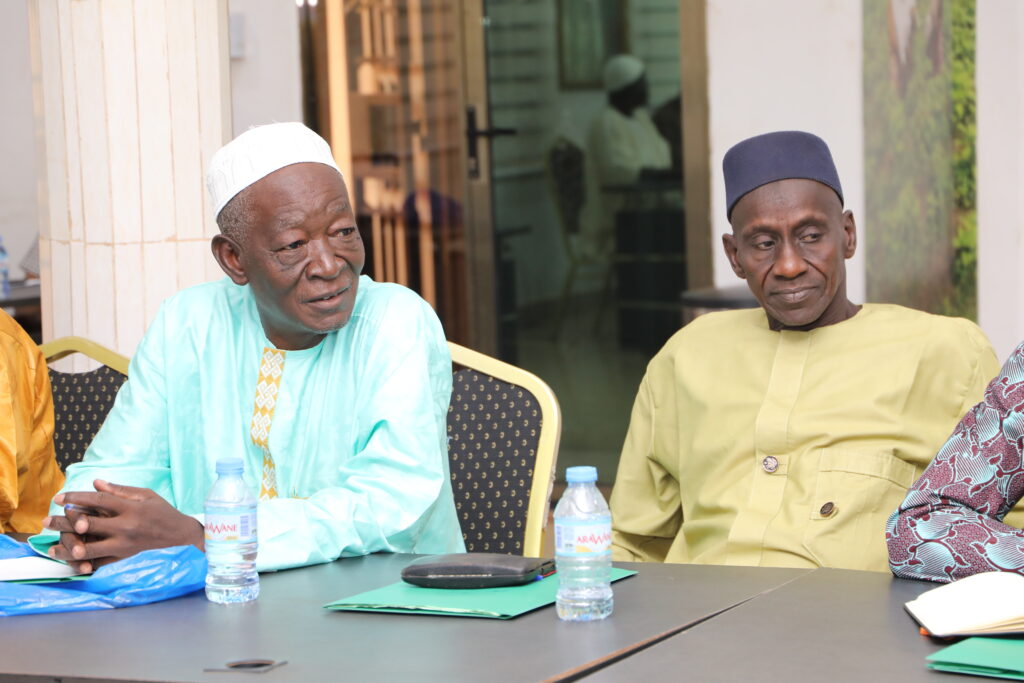Sexual and reproductive health affects the lives of all young people around the world. Adolescents living in conflict-affected countries face even greater challenges in this regard, like in Mali, where more than half of the population is under the age of 25. Rates of early pregnancies, forced marriages, and sexually transmitted diseases are alarmingly high among Malian girls, especially in rural areas.

When you are growing up in Mali, it’s likely you will hardly have any access to accurate information on contraception and sexually transmitted diseases or health services tailored to your needs.
One of the goals of the JIGIYA project is to educate at least one million girls and boys on sexual and reproductive health and rights by the end of 2024.
Getting the message across
Religious leaders can help break the taboos surrounding sexuality and sexually transmitted diseases and play an important role in getting the message across. This is why, as part of the JIGIYA project, Cordaid and its national partner CAEB organised a three-day training session in May for religious leaders on their role and responsibility regarding this pressing topic.
In Malian society, religious leaders are pivotal in many cultural and spiritual aspects. They are often seen as guardians of tradition and morality and have a considerable influence on people’s lives. In rural areas, they are often the only educators and social service providers.
Overcoming obstacles
However, the many taboos and stigmas surrounding sexuality prevent them from discussing or addressing crucial topics. The three-day training helped twenty participants overcome these obstacles. It covered topics such as contraception, sexually transmitted diseases, sexual and reproductive rights, and cultural and religious norms that can affect sexual behaviour.
“We talked about female genital mutilation, early marriage and forced marriage, among other topics”, says Ousmane Guindo, pastor of an evangelical church in Bankass, a town in central Mali.
Guindo explains that the training sessions have shown him the importance of communication between parents and their children. It has also helped him to tangibly change things in his community. “It used to be impossible to bring religious leaders together to discuss a topic like female genital mutilation. Thanks to JIGIYA, some villages have completely abandoned this practice. In many places, we can now address this topic freely without any negative consequences.”
In West Africa, youth is a priority target group for Cordaid. Through our various projects, we support them in areas such as education, governance, and entrepreneurship to improve their living conditions so that they can fully participate in the development of their communities.
JIGIYA is funded by the Dutch Ministry of Foreign Affairs and implemented by Cordaid and CAEB (Conseils et Appui pour l’Éducation À la Base) for a period of six years.